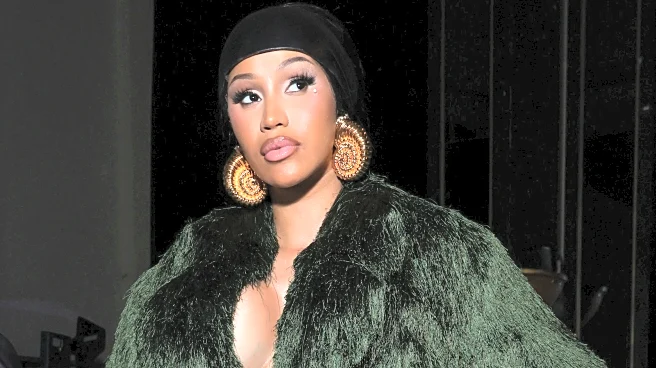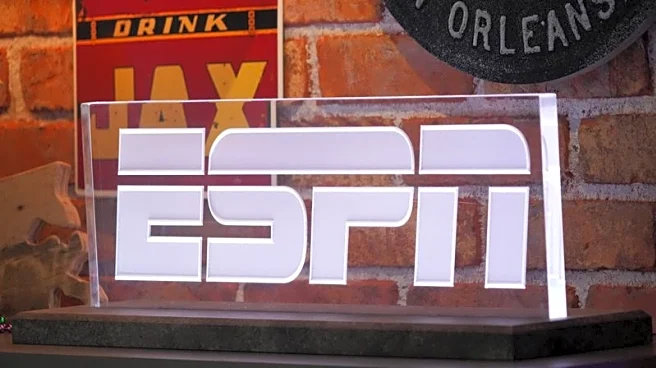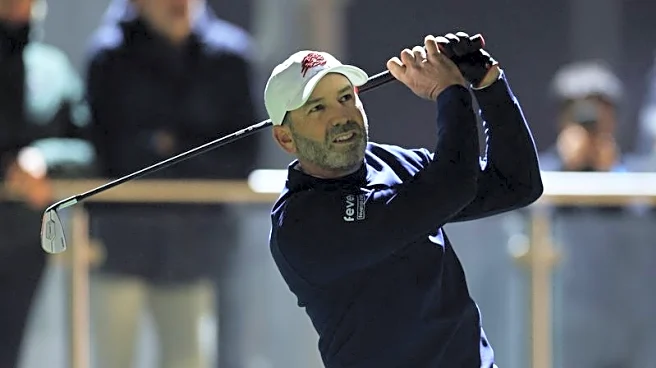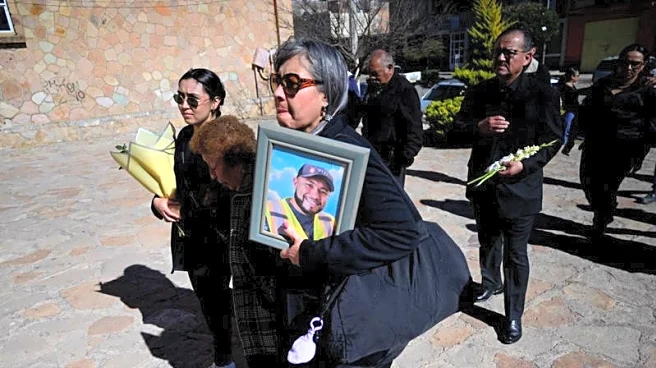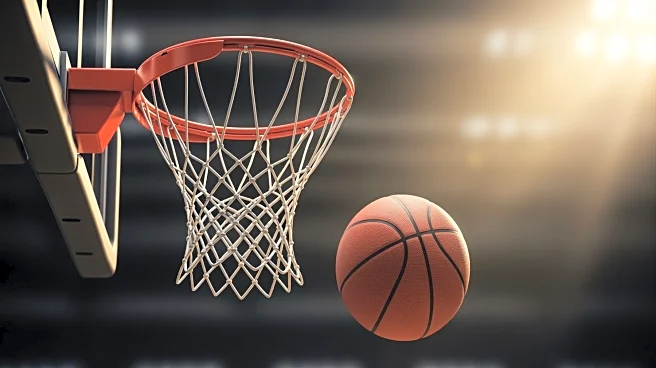The ongoing negotiations for a new collective bargaining agreement (CBA) in the WNBA have reached a critical juncture as the current deal nears its expiration on October 31, 2025. In a recent landmark
Did You Know
Cows have best friends and can become stressed when separated from them.
?
AD
meeting, approximately 40 players, including prominent stars like Caitlin Clark and Nneka Ogwumike, convened with league officials for the first time since December. This face-to-face gathering aimed to address significant gaps between the players' expectations and the league’s proposals, setting the stage for intense discussions amid growing concerns over the future of women’s basketball.
Despite the enthusiasm surrounding the meeting, discontent simmered among the players. Reports indicate that the WNBA players feel the league’s proposals fall short of addressing their essential concerns regarding compensation and overall support. Frustration mounted as participants described the outcome of discussions as unproductive, with over 40 players claiming that they gained little ground in negotiations. The players' union's frustration highlights the challenges ahead as they strive to secure a fair agreement that reflects their contributions and aspirations in a rapidly evolving sports landscape.
As the negotiations unfold, the stakes continue to rise. With the potential for a work stoppage looming before the start of the 2026 season, the unity and determination of the players are more crucial than ever. Led by strong advocates within the WNBA Players Association, players are preparing to stand firm in their demands as they navigate the complex dynamics of these negotiations. As the world watches, the outcome of these discussions could significantly shape the future of women's professional basketball and set a precedent for athletes in all sports seeking equitable treatment.
Q&A (Auto-generated by AI)
What is a CBA in professional sports?
A Collective Bargaining Agreement (CBA) is a contract between a sports league and its players' union that outlines the terms of employment, including wages, working conditions, and benefits. In the WNBA, the CBA governs aspects such as salary caps, player rights, and revenue sharing. It is crucial for ensuring fair treatment of players and maintaining a balanced relationship between the league and its athletes.
How do CBA negotiations impact players?
CBA negotiations significantly impact players by determining their salaries, benefits, and working conditions. Successful negotiations can lead to better pay, improved health benefits, and job security. Conversely, if negotiations fail, players may face unfavorable terms or even work stoppages, which can affect their careers and the league's financial stability. The current discussions in the WNBA highlight the players' desire for more equitable treatment.
What are key issues in the current CBA talks?
Key issues in the current CBA talks include salary increases, player benefits, and working conditions. Players are advocating for more equitable pay and improved conditions, particularly in light of their contributions to the league's growth. Tensions have arisen from perceived inadequacies in the league's proposals, leading to frustration among players and calls for stronger representation in negotiations.
How has the WNBA evolved over the years?
The WNBA has evolved significantly since its inception in 1996, growing from a small league to a prominent professional sports entity. Initially, it faced challenges such as lower visibility and financial instability. Over the years, it has gained popularity, showcasing talented athletes and increasing media coverage. The league has also seen improvements in player salaries and conditions, particularly through successful CBA negotiations.
What role does Nneka Ogwumike play in negotiations?
Nneka Ogwumike serves as the president of the Women's National Basketball Players Association (WNBPA) and plays a pivotal role in CBA negotiations. She advocates for players' rights and works to ensure that their voices are heard in discussions with league officials. Her leadership is crucial in uniting players and pushing for better terms in the ongoing negotiations, reflecting her commitment to the welfare of all WNBA athletes.


